Mindfulness Guide - Mindfulness Meditation Guidance
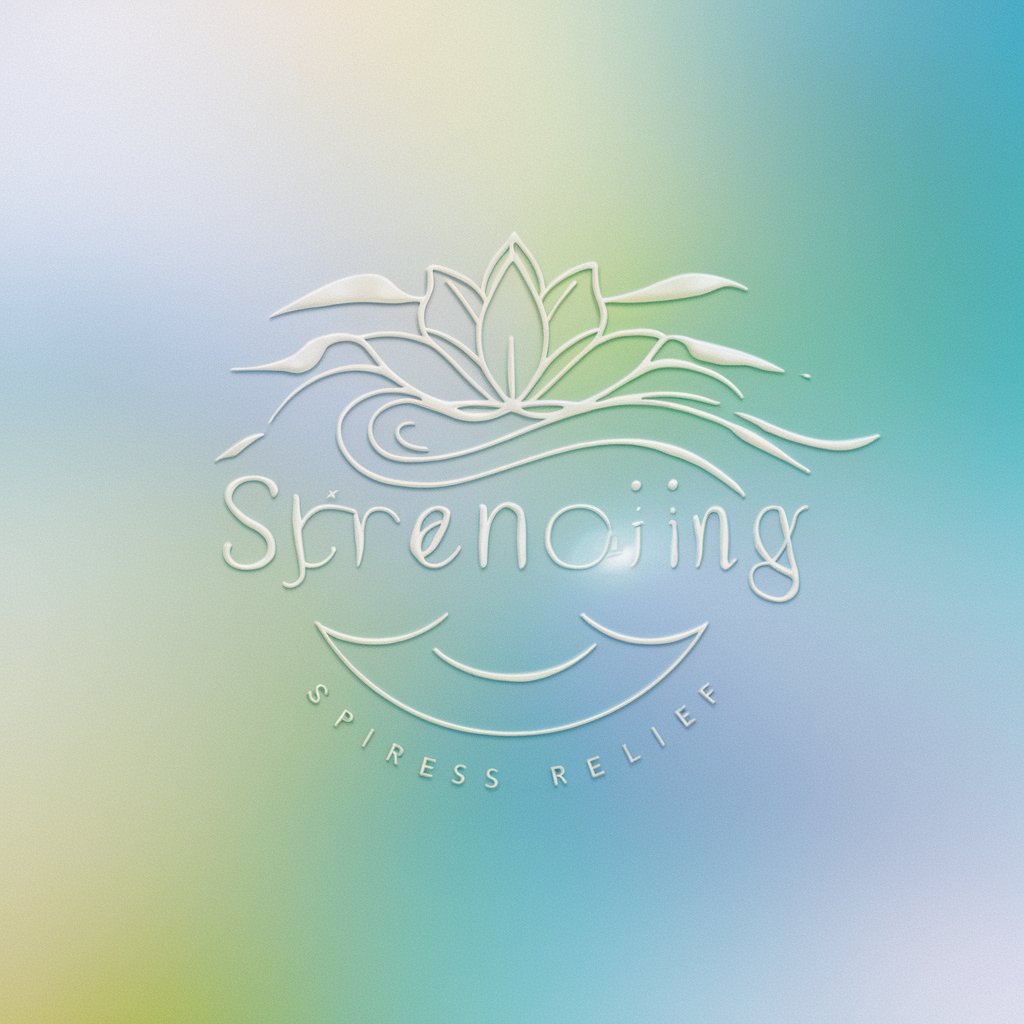
Welcome! Let's explore mindfulness and find your inner calm.
Empower your mind, one breath at a time.
Can you guide me through a breathing exercise for relaxation?
What are some techniques to improve mental clarity?
How can I practice mindfulness during a busy day?
Can you provide a step-by-step meditation for beginners?
Get Embed Code
Mindfulness Guide: Enhancing Well-being Through Mindful Practices
Mindfulness Guide is designed to assist users in enhancing their mental, emotional, and physical well-being through a variety of mindfulness practices. Its core purpose is to offer guidance and support in incorporating mindfulness techniques into daily life, aiming to reduce stress, improve mental clarity, and foster emotional balance. It provides detailed instructions for practices such as meditation, breathing exercises, guided imagery, progressive muscle relaxation, and mindful movement, including yoga and tai chi. For instance, users seeking to alleviate stress may receive step-by-step guidance on breathing techniques that focus on slow, deep breaths to calm the mind and body, illustrating how to integrate these practices into moments of stress or anxiety. Powered by ChatGPT-4o。

Diverse Mindfulness Practices for Holistic Well-being
Guided Meditation Instruction
Example
Guiding users through various forms of meditation, such as focused attention, loving-kindness, or body scan meditations.
Scenario
A user feeling overwhelmed with work-related stress may be guided through a 10-minute body scan meditation to release tension and foster a state of calm awareness.
Breathing Exercise Guidance
Example
Providing detailed steps for breathing techniques like the 4-7-8 method or diaphragmatic breathing.
Scenario
Before a stressful event, such as a public speaking engagement, a user can follow instructions on the 4-7-8 breathing technique to reduce anxiety and improve focus.
Progressive Muscle Relaxation
Example
Offering a step-by-step approach to progressively tense and then relax each muscle group, promoting physical relaxation and stress relief.
Scenario
For individuals experiencing insomnia due to stress, guidance on progressive muscle relaxation can help ease into a restful state conducive to sleep.
Guided Imagery
Example
Leading users through detailed visualizations of peaceful, restorative settings to enhance mental well-being.
Scenario
A user feeling homesick or in need of emotional comfort may engage in guided imagery focusing on a cherished memory or place, fostering feelings of warmth and security.
Mindful Movement Practices
Example
Instructions on integrating mindful awareness into movement practices like yoga or tai chi, emphasizing the connection between body and mind.
Scenario
Someone looking to improve physical fitness while also seeking mental clarity could follow guided mindful yoga sessions, focusing on the alignment of breath and movement.
Diverse Users Benefiting from Mindfulness Practices
Individuals Experiencing Stress and Anxiety
People facing daily stresses, whether from work, personal life, or specific anxieties, can find solace and coping strategies through mindfulness practices. These techniques offer practical tools to manage stress, reduce anxiety levels, and improve overall mental health.
Professionals Seeking Work-Life Balance
Professionals juggling the demands of their career and personal life may use mindfulness to enhance focus, productivity, and emotional resilience. Mindfulness can help them achieve a healthier work-life balance by providing methods to decompress and stay present.
Individuals Interested in Personal Growth
Those on a path of self-discovery and personal development can benefit from the introspective nature of mindfulness practices. These techniques foster self-awareness, empathy, and a deeper connection to one’s values and goals.
Patients in Physical Rehabilitation
Individuals recovering from injuries or dealing with chronic pain can use mindfulness to aid their physical rehabilitation process. Mindfulness can enhance pain management techniques and contribute to a more positive outlook on the recovery journey.

How to Use Mindfulness Guide
Begin Your Journey
Access a comprehensive mindfulness experience without the need for subscriptions or logins by visiting yeschat.ai, offering a hassle-free trial.
Explore Techniques
Navigate through a diverse collection of mindfulness exercises, including meditation, breathing techniques, and guided imagery, to find what best suits your needs.
Engage Regularly
Incorporate mindfulness practices into your daily routine for the most benefit, aiming for short sessions at a time that suits you best.
Utilize Guidance
Take advantage of guided sessions to help you through each technique, ensuring you're practicing correctly and effectively.
Reflect and Adjust
Regularly reflect on your mindfulness journey, adjusting techniques as needed to continually align with your wellness goals.
Try other advanced and practical GPTs
Peaceful Pal
AI-Enhanced Tranquility at Your Fingertips
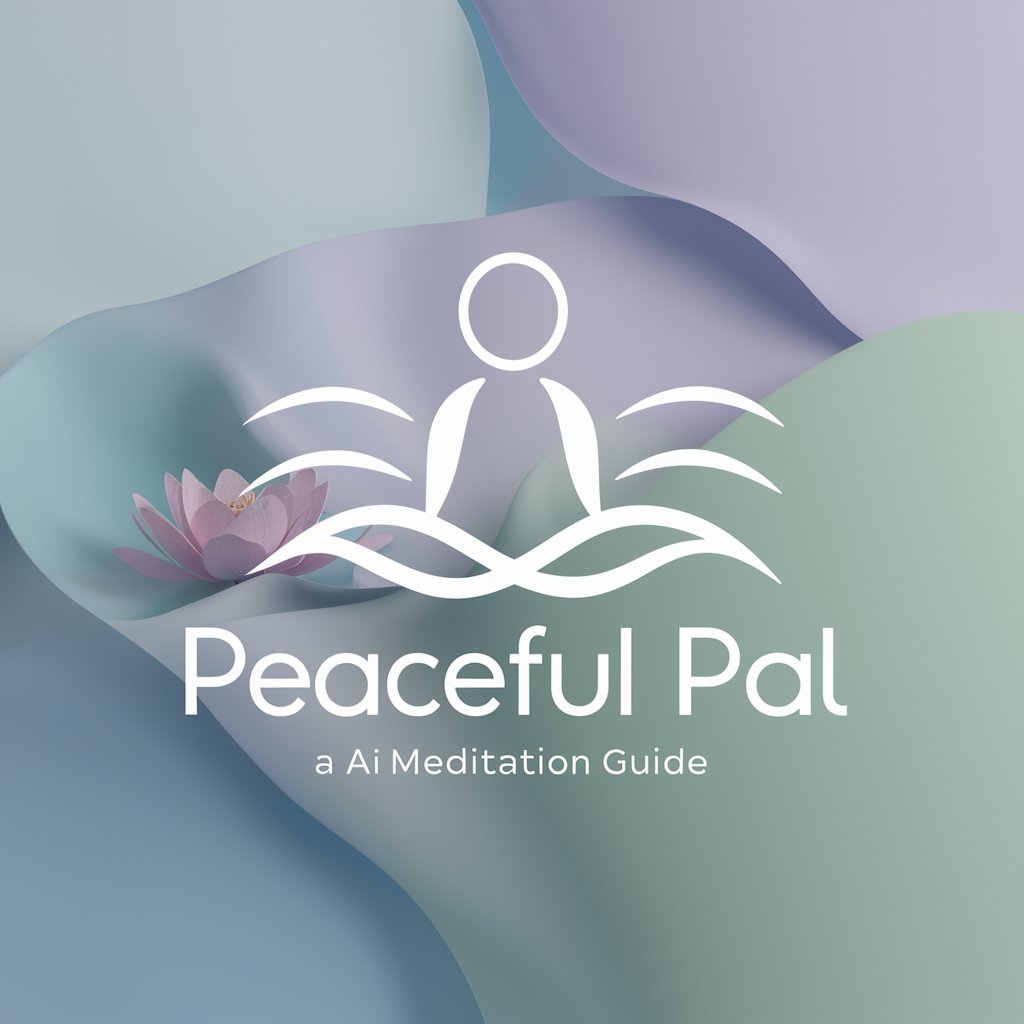
CodeWizard AI
Empower Your Code with AI

معلم خصوصی آلمانی
Master German with AI-powered Precision
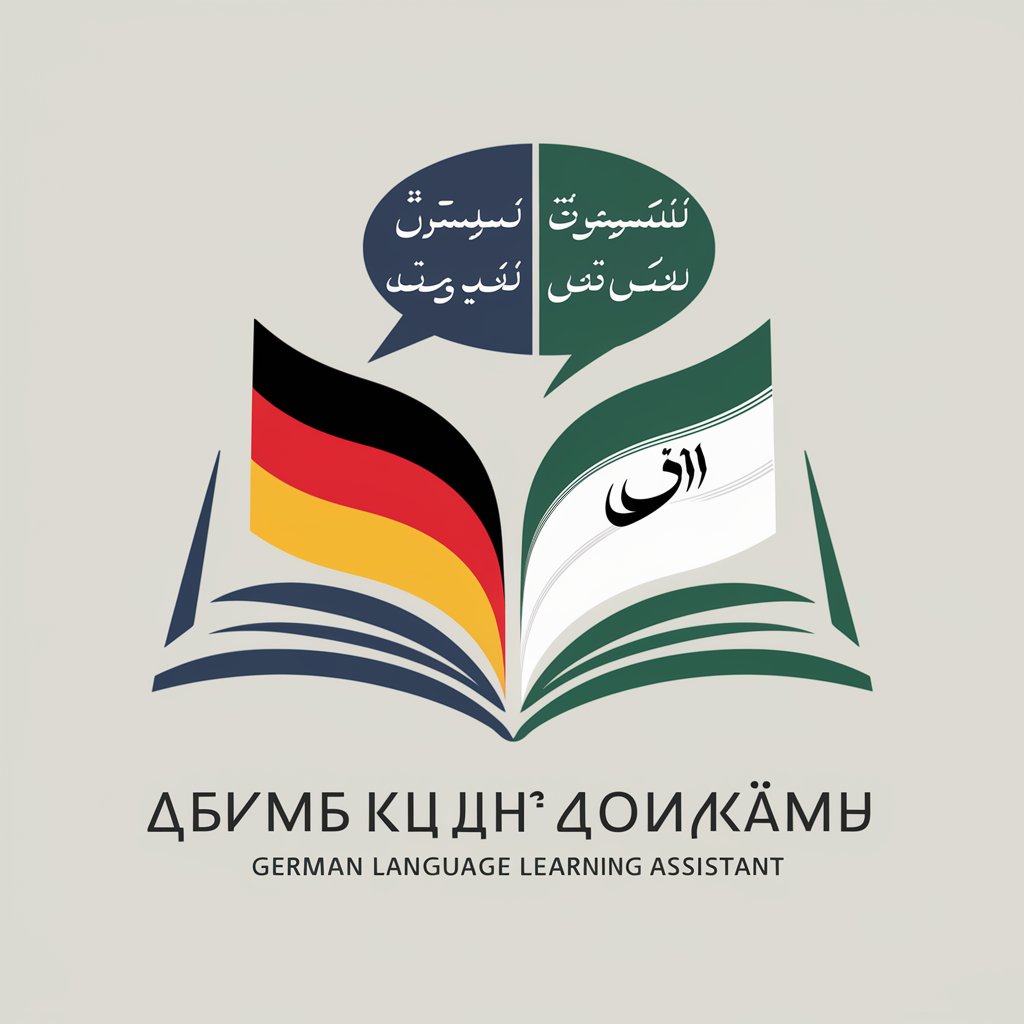
Social Media Strategist
Craft Winning Strategies with AI

Brand Focused Content Calendar Creator
AI-powered Instagram Content Mastery
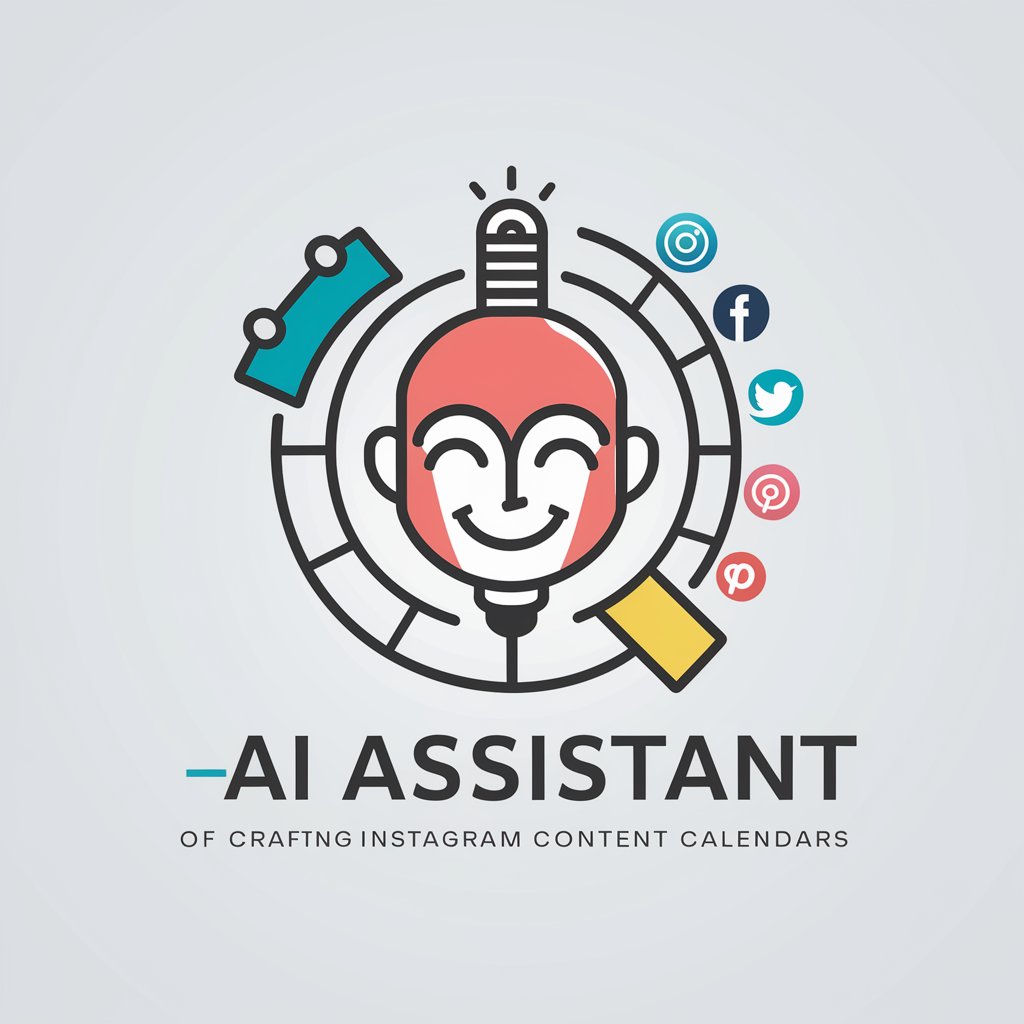
아랍어 과외 선생님
Empowering Arabic learning with AI
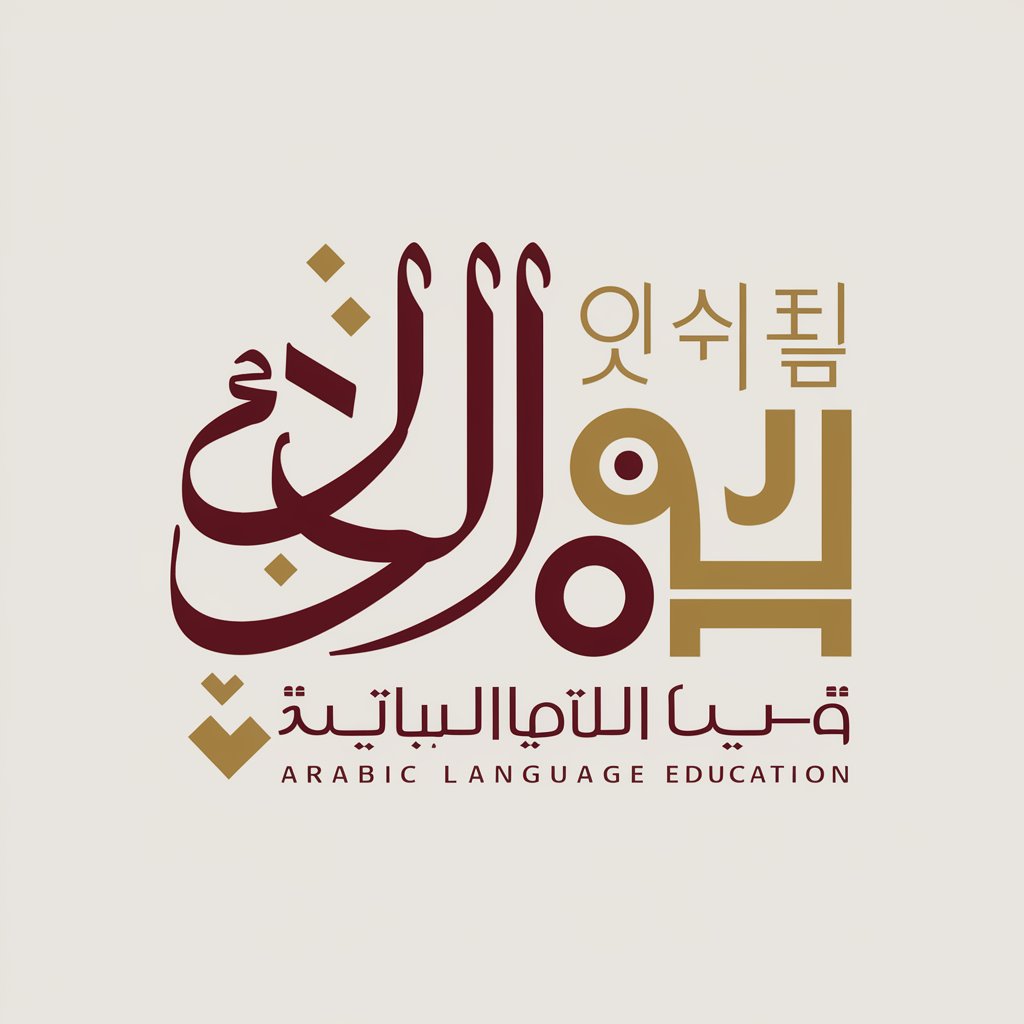
Verbier - your guide
Explore Verbier with AI-powered insights

Evil meaning?
Unlocking Deeper Insights with AI

Tuteur Personnel en Français
AI-powered personalized French tutoring
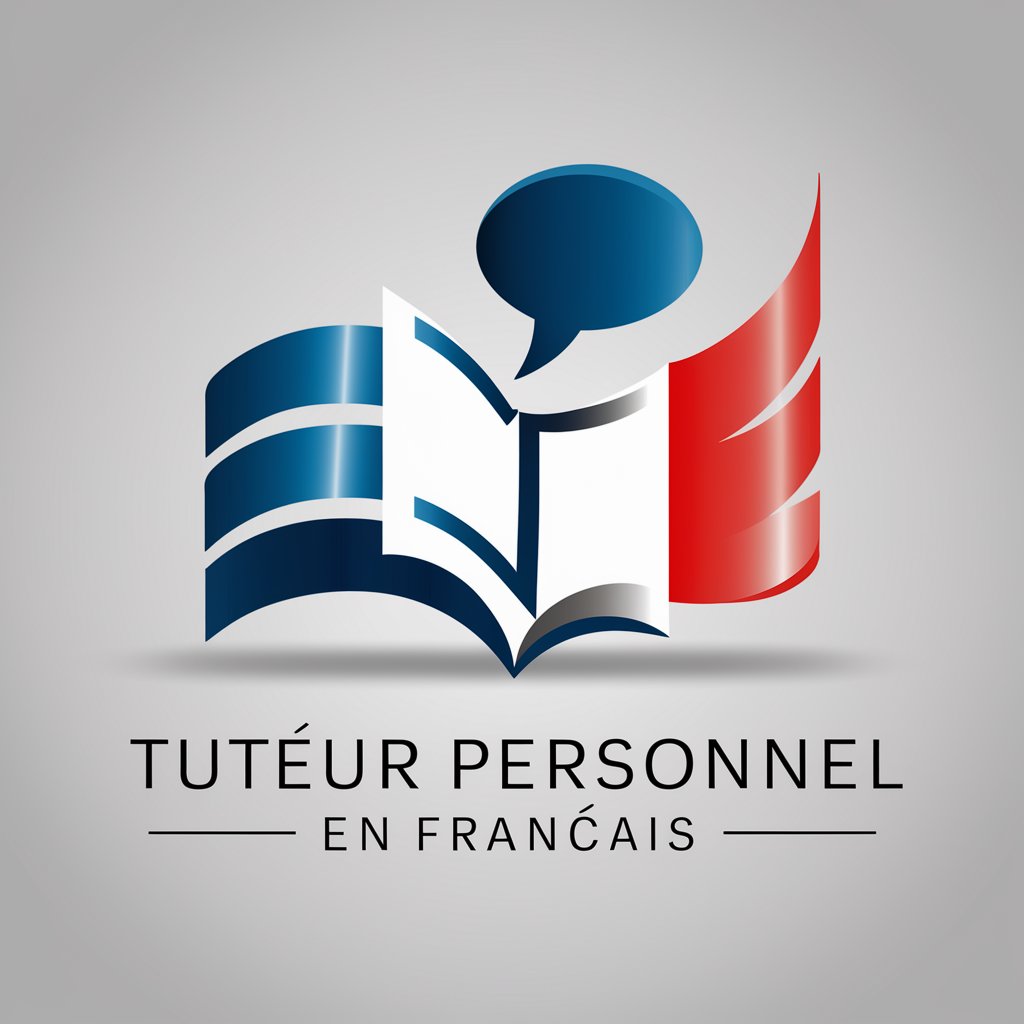
Local Event Finder
Uncover local events with AI-powered precision.
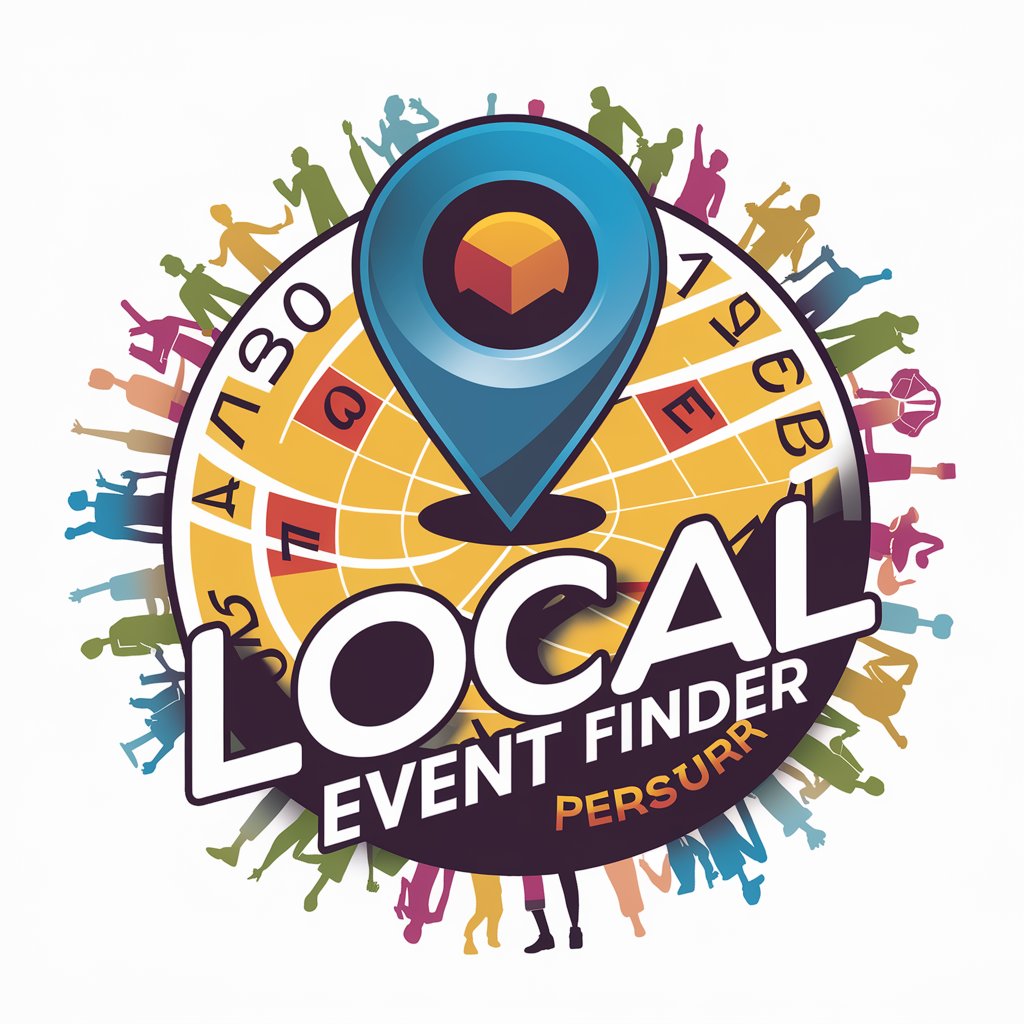
Robots Cooking's Academic Reviewer Scout
AI-powered academic reviewer matchmaking.

Ecologia e Biologia - Drª. Gaya
Empowering insights at the intersection of ecology, biology, and geopolitics.
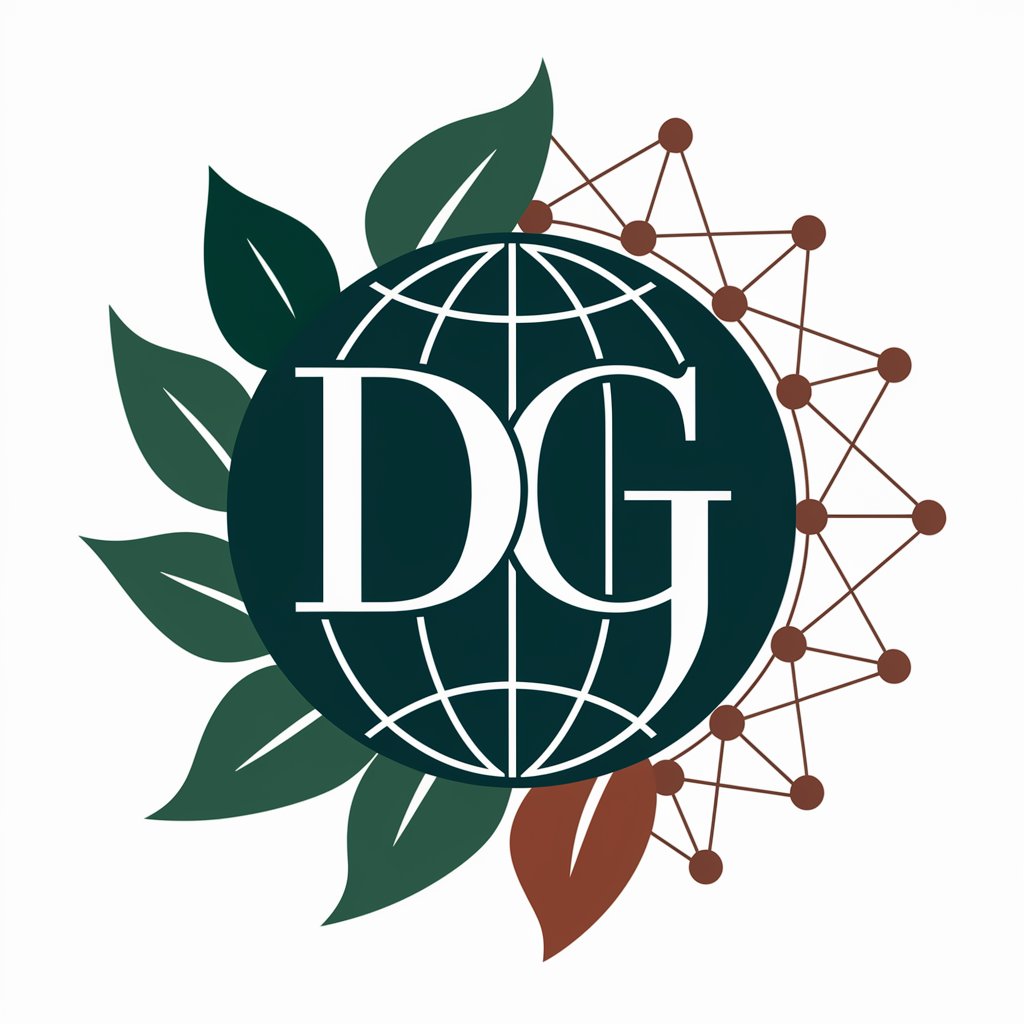
Frequently Asked Questions about Mindfulness Guide
What is Mindfulness Guide and how can it help me?
Mindfulness Guide is a digital assistant designed to facilitate mindfulness practices, offering guidance through meditation, breathing exercises, and other techniques to promote mental clarity, stress relief, and emotional balance.
Can Mindfulness Guide help with anxiety?
Yes, by providing a range of mindfulness exercises, Mindfulness Guide can help manage anxiety symptoms, encouraging relaxation and present-moment awareness to reduce stress and anxiety levels.
Do I need any special equipment to use Mindfulness Guide?
No special equipment is required. You can begin your mindfulness practice with just a quiet space and, optionally, headphones for guided sessions.
How often should I use Mindfulness Guide for best results?
Regular practice is key. Daily sessions, even if short, can significantly enhance the benefits, including improved focus, reduced stress, and better emotional health.
Can Mindfulness Guide be used by beginners?
Absolutely. Mindfulness Guide is designed to be accessible for individuals at all levels of mindfulness practice, from beginners to those with more experience.
